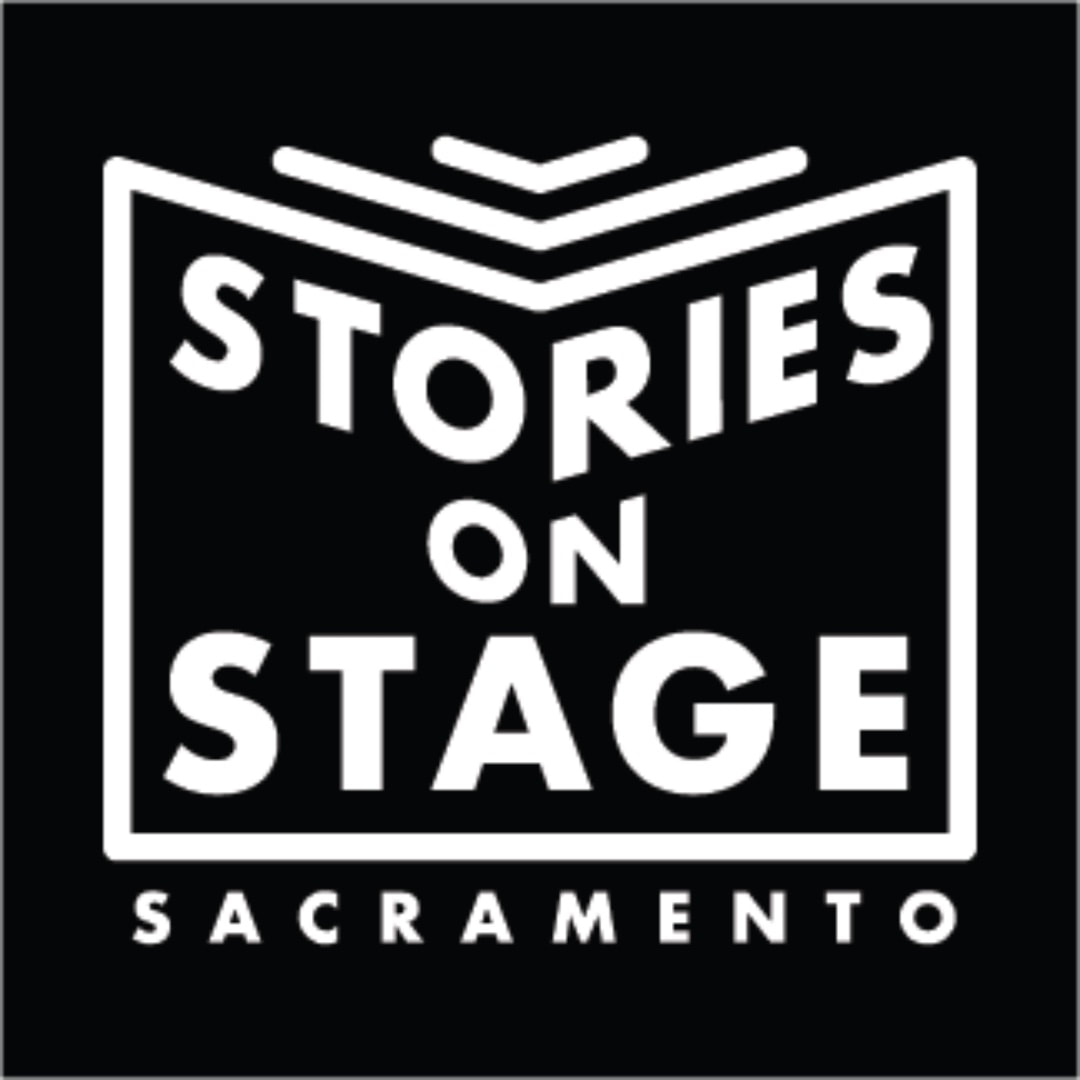|
This month, actor Andrea Guidry will join SOSS to read “The Mother,” a story from Gabino Iglesias’s stirring story collection Coyote Songs. Listen in as our casting director Jessica Laskey talks to Guidry about her background, how she prepares for roles (both on stage and on camera) and how becoming a mother has changed her world. JESSICA: Andrea, you’ve done all kinds of performance—stage, film, commercials and voiceover. How did you first get started? ANDREA: What plunged me head-first into theater was my senior year in high school—I took a drama class and auditioned for Macbeth having never done a play. I mean, unless you count playing an Oompa Loompa in second grade! I got cast as Lady Macbeth and it was amazing. It was my first time really diving into Shakespeare and I got totally hooked. I ended up going to UC Davis thinking I’d go into animal science, but a friend of mine said, “You like theater, want to come audition for The Laramie Project?” I said, “Sure, why not?” From then on, I knew (acting) was what I was going to be doing. JESSICA: How did you make the leap from stage to screen? ANDREA: I was working at KVIE (the Sacramento PBS affiliate) and the marketing department asked me if I was interested in doing the voiceover for a spot (ad) for a local event—and I ended up really liking it. I also started hosting pledge drives, which made me realize I wanted to do more on-camera work. Rob Stewart (host of Rob on the Road) and producer Kelly Peterson-Janusiewicz really encouraged me, but there was no place in the production department for me at the time, so I decided to move to a bigger market. (Guidry now lives in Berkeley and works all over the Bay Area.) JESSICA: How would you describe the difference between performing on stage versus on camera—or even, in the case of SOSS, via Zoom? ANDREA: For me, the highest-energy and most engaging performance to do is live—to feel the energy ping-ponging back and forth between the audience and the stage is electrifying and can really guide the performance. On-camera is interesting. When you’re speaking directly to camera for a commercial or something like that, there’s a little bit of a disconnect, but it can feel intimate in a way because your focus is so pin-pointed. Working with other people on camera is also really fun, but most of the chemistry that you see is really being generated by shooting the breeze and getting to know your acting partners off-screen. And Zoom…It’s a camera, but there’s a live audience on the other side, which is really cool because you still get some of the energy of live performance. Being able to see everyone’s faces up close—which you don’t normally get in a live situation—is also great for that feeling of intimate connection. JESSICA: How do you usually prepare for a performance? ANDREA: I always do my own research. For this event, I’m reading first-hand interviews with people who have crossed the border with the help of coyotes and trying to find videos and documentaries that are relevant to that experience. I also like to create a playlist of music to get me into the mood or headspace of a particular piece. I mark out (acting) beats in my script or text—mapping the energy, finding where it swells or becomes quieter—and I analyze the subtext. Immediately leading up to a performance, I take time to get into costume and makeup to embody the character physically if I can. JESSICA: You recently became a mom (Guidry’s son turns one this month and has been an adorably vocal part of our phone interview). How has that affected you as an actor? ANDREA: It’s hard! It’s difficult enough becoming a new mom, but with COVID-19, it’s been even more challenging—there’s no other childcare other than myself and my husband, who’s also working fulltime from home. He’ll often have to stop work so I can do an audition or record a voiceover, and I have to time everything with the nap schedule and feeding schedule. It’s a lot. But becoming a mom has also given me this deep inner emotional life to dig into as an actor—the well I draw from is so much richer and deeper now. I’ve found much more confidence and stability in myself as well. If I can go through the pain of labor and the challenge of keeping a tiny human alive using mostly food from my own body, I feel like I can do anything! How I relate to the world with this new identity also raises the stakes. Before having a child, the stakes could only be so high. But now, when I see a parent go to extreme lengths to protect a child, I can personally draw from that. In (Iglesias’s) story, I see this character distancing herself from her child after the trauma of losing her husband—this schism that’s happened to protect herself from further pain—and I think about how far I’d have to be driven for that to happen. JESSICA: You’ve said that you love sci-fi, fantasy, horror, speculative and “weird” fiction. What about those genres appeal to you? ANDREA: I love the imagination that these authors have to go to places I would never consider. That’s what really drew me into (Iglesias’s) story. These books twist my brain in a kind of exercise I don’t otherwise get throughout the day. Weirdness and horror and fantastical elements usually serve as a lens by which we can examine all the horrible things that exist in our society. It’s a way to look at the economic divide, the class divide, racism, sexism...All of these huge, messy, very real and visceral problems can be examined through a story that, on the surface, has nothing to do with the everyday world we live in, but, when done well, can lead to some really good introspection.
0 Comments
|
|
Who We AreLiterature. Live!
Stories on Stage Sacramento is an award-winning, nonprofit literary performance series featuring stories by local, national and international authors performed aloud by professional actors. Designated as Best of the City 2019 by Sactown Magazine and Best Virtual Music or Entertainment Experience of 2021 by Sacramento Magazine. |
|


 RSS Feed
RSS Feed
